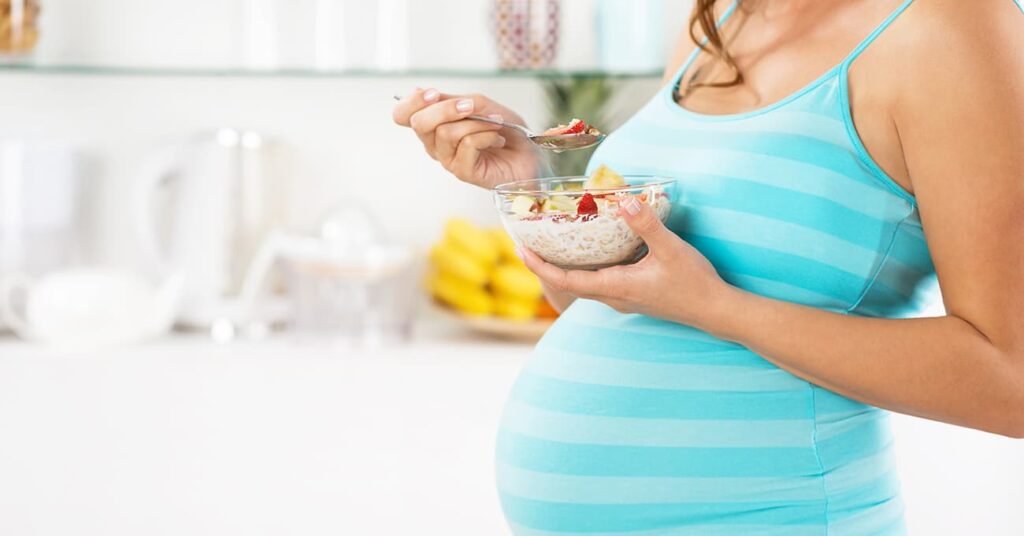Zinc deficiency, a condition where the body lacks an adequate amount of this essential micronutrient, poses significant risks during pregnancy. Zinc plays a crucial role in supporting the immune system, fostering cell growth, and maintaining hormonal balance.
During pregnancy, the demand for zinc escalates as it becomes vital for the developing baby’s brain, DNA production, and immune system. Insufficient zinc intake can lead to complications such as premature birth, increased vulnerability to infections, weakened immunity, delayed growth, and low birth weight.
In an interview with Zee News English, N SapnaLulla, Lead Consultant, Obstetrics &Gynecology, Aster CMI Hospital, Bangalore shares the importance of adding zinc to your diet during pregnancy.
Pregnancy is a miraculous journey marked by numerous changes in a woman’s body, and ensuring optimal nutrition becomes paramount for both the mother and the growing baby. Among the essential micronutrients, zinc emerges as a hero, playing a pivotal role in fostering a smooth and healthy pregnancy.
Role of Zinc During Pregnancy
Zinc, a vital micronutrient, acts as a powerhouse for the immune system, facilitates cell growth, and maintains hormonal balance. During pregnancy, these functions become even more critical for the well-being of both the mother and the developing baby. For the baby, zinc is indispensable for building a strong brain, DNA production, cell growth, and a robust immune system, laying the foundation for a healthy life post-birth.
Zinc Deficiency During Pregnancy
Zinc deficiency during pregnancy can lead to irreversible consequences, including premature birth, heightened susceptibility to infections, weakened immunity, delayed growth milestones, and low birth weight. To avoid these risks, it is crucial for expectant mothers to meet the recommended daily intake of 15 mg of zinc.
How to meet the Zinc Requirement Naturally During Pregnancy?
Incorporating zinc-rich foods into the diet is a delicious and nutritious way to ensure both mother and baby receive the necessary zinc. Legumes such as lentils, beans, and chickpeas, along with nuts and seeds like pumpkin seeds, almonds, and cashews, provide ample amounts of this vital micronutrient. Whole grains, red meat, poultry, and eggs also contribute significantly to meeting the daily zinc requirement.
Tips to Enhance Zinc Absorption With Balanced Diet
To enhance zinc absorption, it is advisable to combine zinc-rich foods with fruits and vegetables high in vitamin C, such as oranges, tomatoes, and bell peppers. Conversely, limiting the intake of coffee and tea is essential, as these beverages can interfere with zinc absorption.
While a balanced diet rich in zinc is beneficial for most pregnant women, it’s advisable to consult healthcare professionals for personalized advice. This is particularly important for women who have undergone stomach surgery and are pregnant, as zinc supplements may not be suitable for them.
In conclusion, recognizing the importance of zinc during pregnancy is key to promoting the well-being of both mother and baby. By embracing a diet rich in zinc-containing foods and following expert advice, mothers can ensure a healthy and vibrant start for their little ones.
